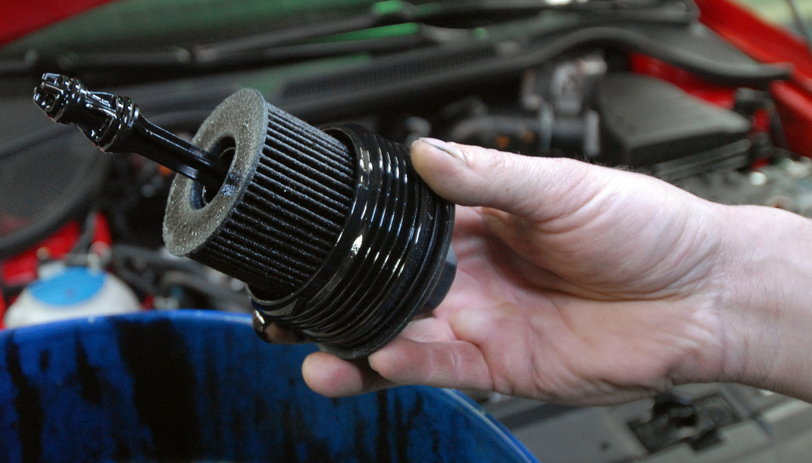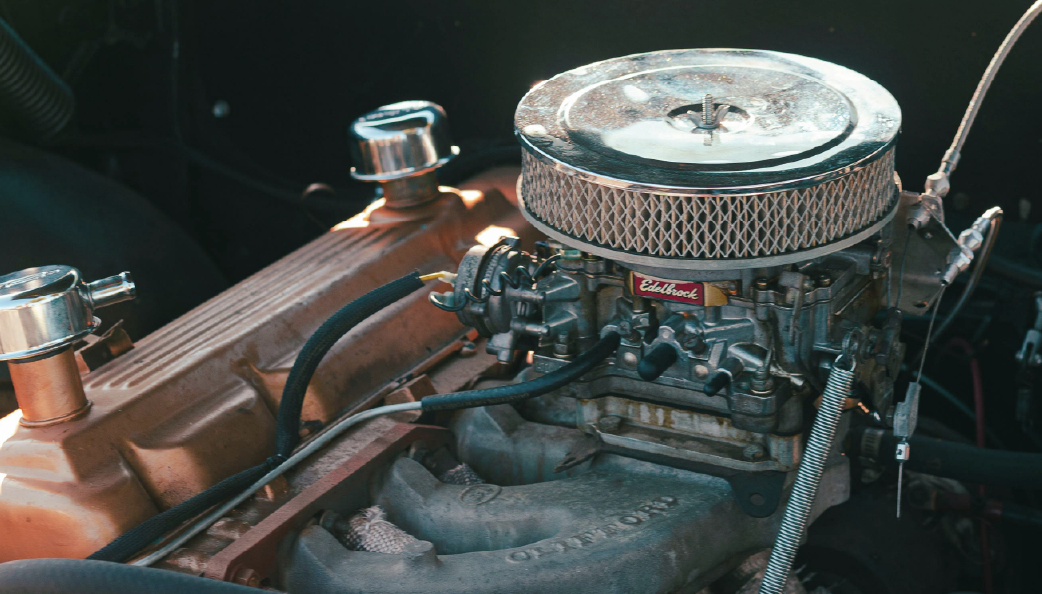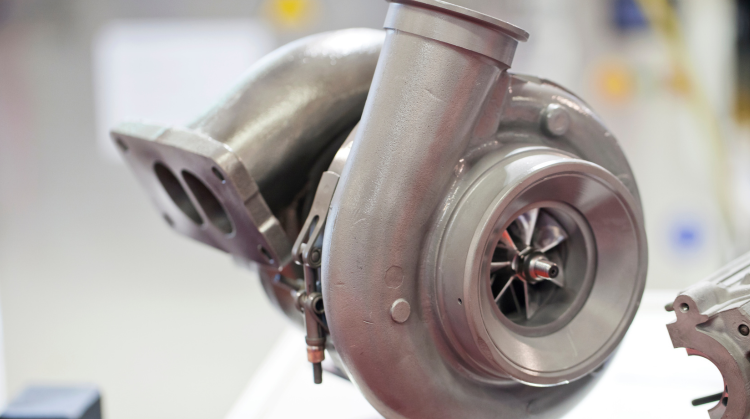Sector growth demands greater accuracy in online sales
With the accelerated digitalization of the auto parts market, selling products through marketplaces has become an increasingly relevant reality for distributors and retailers. According to Mercado Libre data, more than 85% of automotive accessory purchases are made by users without deep technical knowledge. In this context, having complete compatibility information in the listing is not just a technical requirement it is a competitive advantage.
Compatibility: what it is and why it matters
In the world of replacement parts, compatibility is the set of data that connects a specific part to the vehicle models in which it can be installed. This includes brand, model, version, engine, and year. When this information is correctly entered in listings, the customer’s search becomes more efficient and the possibility of purchase errors is drastically reduced.
More sales and fewer returns
Companies that invest in properly organizing compatibility information achieve direct results in their online performance. Listings with complete technical data receive more views, convert better, and — above all — generate fewer returns due to application errors. In addition, they improve the store’s reputation, increasing its relevance within the platforms.
Errors that cost money
When compatibility information is not provided, the impacts are immediate: fewer sales, more complaints, and a higher rate of returns. Incomplete listings have less visibility and harm the buyer’s experience, who may abandon the purchase or choose another listing with clearer information.
Automation as a strategic solution
Catalog digitalization is one of the most challenging stages for those looking to scale auto parts sales in e-commerce. In this regard, platforms like Alephee stand out. Its Sales Channels tool, for example, automates the sending of products to sales channels with validated compatibility, meeting Mercado Libre’s technical requirements.
The role of Sales Channels in the technical structure
Sales Channels acts as an intelligent connector between the digital catalog and the sales channels. It publishes listings with compatibility in the correct format, ensures that data is complete and up to date, and synchronizes stock and prices in real time. This allows operations to scale safely without compromising the buyer’s experience.
The digital catalog as the foundation of transformation
Compatibility has become one of the core elements of the digital auto parts catalog. Its proper structuring impacts key indicators such as conversion rate, returns, and brand reputation. In a market where agility and precision are essential, turning technical data into a strategic asset is what separates the leaders from those left behind.
In auto parts e-commerce, compatibility is not a detail, it is what connects the customer to the right part, turning opportunities into real sales.












